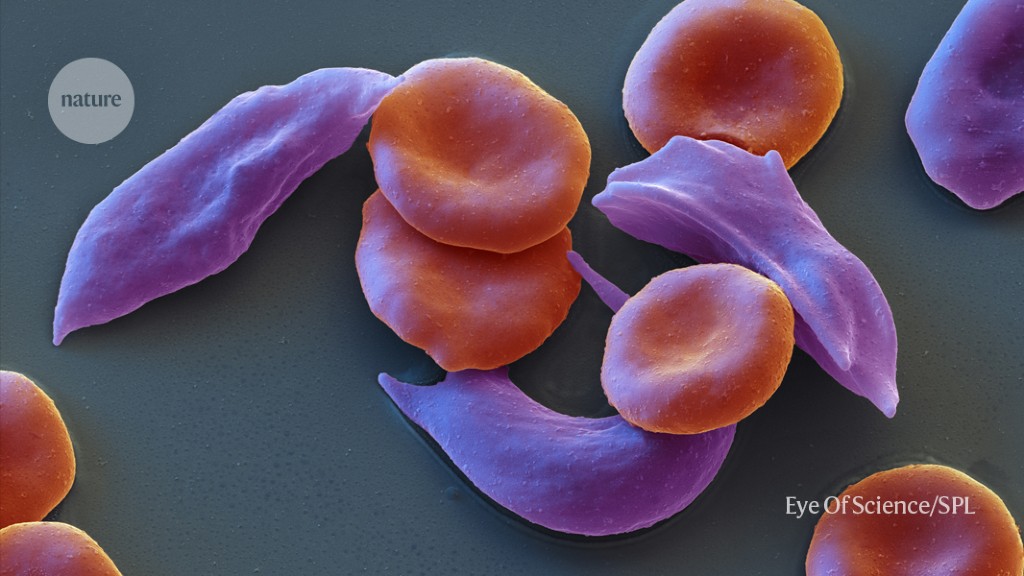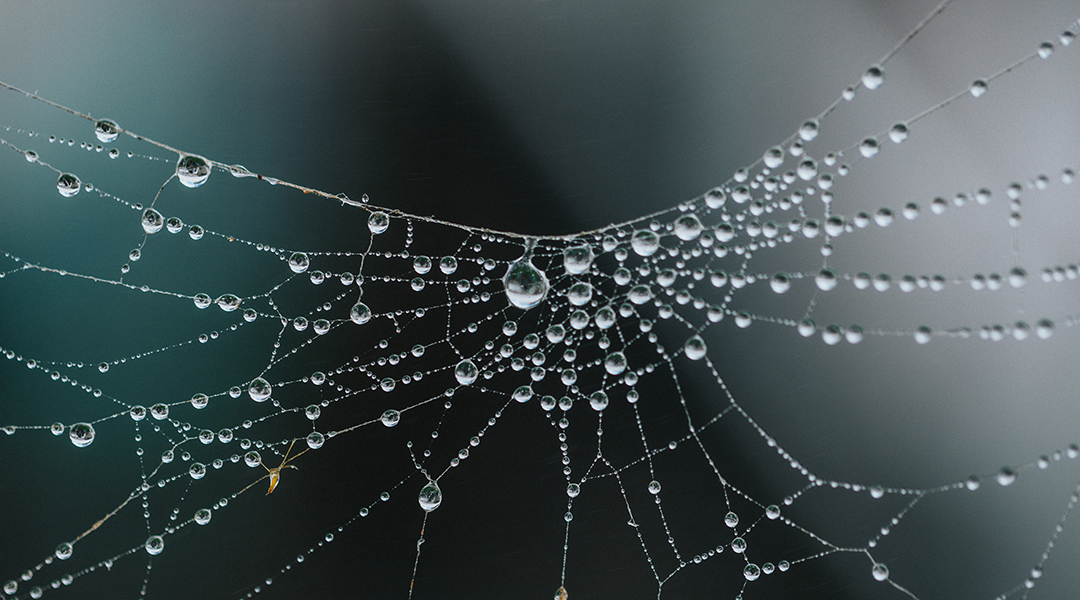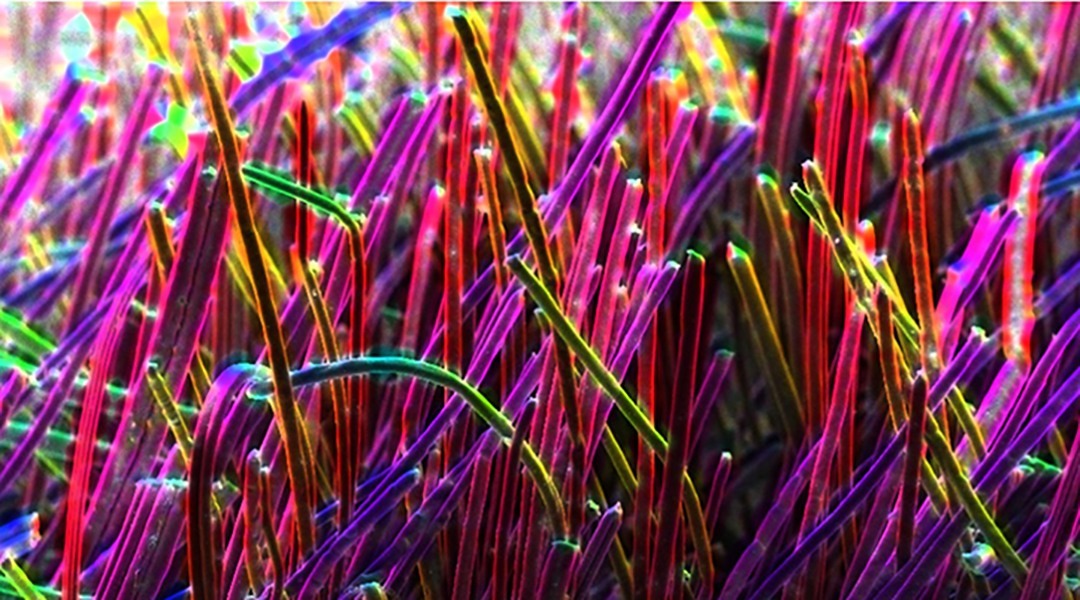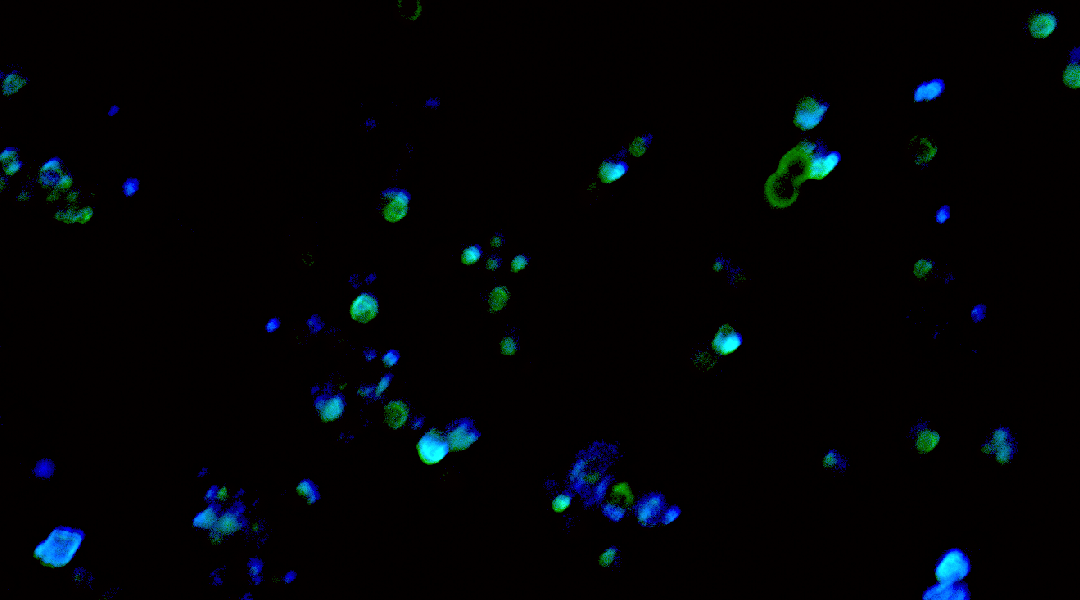- Science Simplified
- Posts
- This week in science
This week in science
Happy Wednesday morning! Thanks for joining in for another week. It’s This Week in Science and I’ve picked out 5 cool pieces for you.
Enjoy! And let me know what you think by taking the polls at the bottom and/or sending me an email with your thoughts.

1. First CRISPR gene editing approval
CRISPR is a gene editing technology that’s been taking the world by storm for the last decade. The goal is simple: using CRISPR, we can remove segments of genes responsible for diseases and replace them with corrected, non-malignant versions.
A perfect use-case example is sickle cell anemia, which is a genetic disease that affects the patients red blood cells by making them sickle shaped. This causes many problems, including intense bouts of pain.
A Boston based company, Vertex Pharmaceuticals, just won the worlds first approval CRISPR therapy to treat sickle cell. Their therapy prevented pain episodes for 28 out of 29 recipients in a clinical trial with only minor side effects.
2. The snooze button… good or bad?
Online productivity gurus love trashing the snooze button. They say it hurts your sleep and makes you more tired throughout the day, but per usual they never have any evidence. As a chronic snoozer, I obviously ignore everything they say.
In a definite win for the snoozers, a few new studies show that snoozing isn’t that bad at all and doesn’t significantly affect drowsiness or sleep quality.
3. Making custom spider silk
If you’ve ever walked through a spider web, you know it’s tough to get rid of. Spider silk has an incredible mix of strength and flexibility that have made it a prime target of scientists for a while. However, it’s quite difficult to make and there’s been limited success (outside of literally farming spiders for silk).
This paper details a new way of producing spider silk using bacteria and making it more useful by putting new chemistries on it.
Blood vessel replicates, nanoscale batteries, and more! Check out some amazing images from around the scientific community.
Plastic pollution is a problem. To clean it up, scientist are getting creative and making mini-robots that swim around collect plastic by sticking it to themselves.
That’s it for this week! Hope you enjoyed, let me know what you thought in the polls below.
See you next week for more science,
Neil


If you liked this post and want to keep getting cool science delivered to you, sign up for free:





Reply